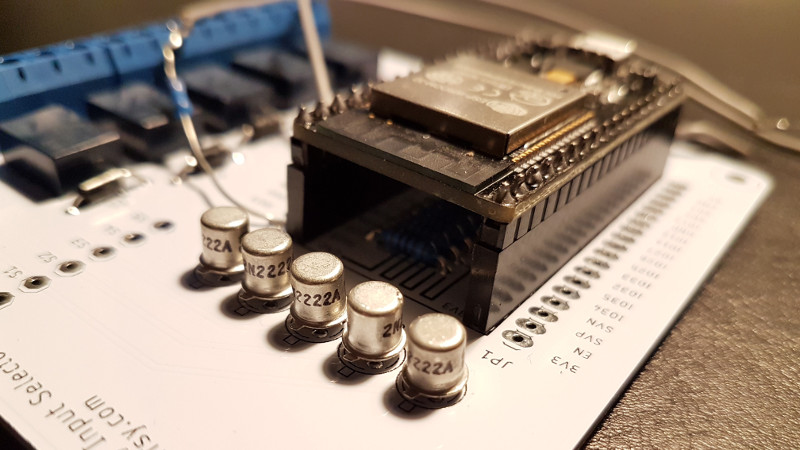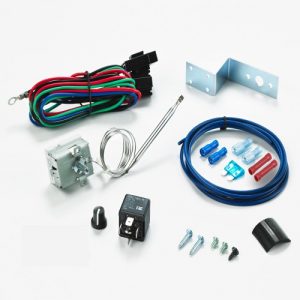
In the realm of industrial automation, Programmable Logic Controllers (PLCs) have emerged as a game-changer, revolutionizing the way processes are controlled and monitored. Compared to traditional mechanical relays and delays, PLCs offer a plethora of advantages that enhance efficiency, flexibility, and reliability. In this article, we will delve into the distinct advantages of PLCs, highlighting their superiority over their mechanical counterparts.
- Speed and Accuracy:
PLCs excel in executing tasks with unparalleled speed and accuracy. Unlike mechanical relays that rely on physical contacts and delays that introduce time lags, PLCs utilize electronic components and microprocessors, enabling rapid processing and response times. This ensures precise control of industrial processes, minimizing errors and maximizing productivity. - Flexibility and Adaptability:
One of the key advantages of PLCs is their inherent flexibility and adaptability. Unlike mechanical relays that are hardwired and require manual adjustments for changes in processes, PLCs offer the ability to modify and reprogram control logic effortlessly. This allows for seamless integration with evolving production requirements, reducing downtime and enabling swift reconfiguration. - Enhanced Monitoring and Diagnostics:
PLCs provide comprehensive monitoring and diagnostics capabilities, surpassing the limited functionality of mechanical relays and delays. With built-in sensors and advanced software, PLCs can collect real-time data on various process parameters, enabling operators to monitor performance, detect anomalies, and troubleshoot issues promptly. This proactive approach minimizes downtime, optimizes maintenance schedules, and enhances overall system reliability. - Centralized Control and Networking:
PLCs facilitate centralized control and networking, enabling seamless integration with other automation systems. Unlike mechanical relays that operate independently, PLCs can communicate with multiple devices, such as Human-Machine Interfaces (HMIs), Supervisory Control and Data Acquisition (SCADA) systems, and other PLCs. This interconnectedness streamlines data exchange, facilitates remote monitoring, and enables efficient coordination of complex processes. - Cost-Effectiveness and Space Efficiency:
While mechanical relays and delays require extensive wiring and physical components, PLCs offer a cost-effective and space-efficient alternative. By consolidating multiple relays and delays into a single programmable unit, PLCs reduce the need for excessive wiring, minimize equipment footprint, and simplify maintenance. This not only saves valuable floor space but also reduces installation, operation, and maintenance costs in the long run.
Conclusion:
Programmable Logic Controllers (PLCs) have revolutionized industrial automation by offering numerous advantages over mechanical relays and delays. Their speed, accuracy, flexibility, enhanced monitoring capabilities, centralized control, and cost-effectiveness make them indispensable in modern manufacturing processes. As industries continue to evolve, embracing PLC technology is crucial for staying competitive, improving productivity, and achieving operational excellence.

